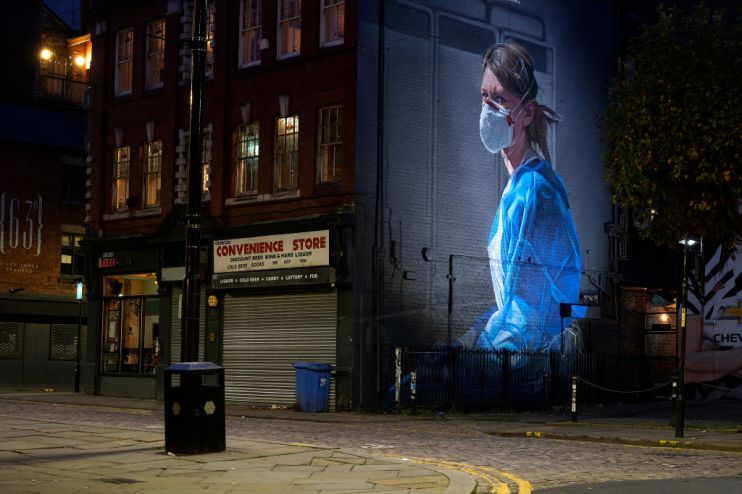Coronavirus: Death rate among hospitalised patients halves since first wave

Death rates among patients hospitalised with coronavirus have halved since the peak of the first wave, according to new research.
Analysis of more than 21,000 hospital admissions in England showed the rate of deaths in both high dependency units and intensive care plunged between March and the end of June.
Data published by the University of Exeter, in collaboration with the University of Warwick and The Alan Turing Institute, showed death rates for people placed in high dependency units with Covid-19 dropped from 26 per cent in March to seven per cent in June.
The fatality rate for people admitted to intensive care fell from 41 per cent in the initial outbreak of the virus to 21 per cent in June.
The sharp drop was boosted by a better understanding of Covid, along with the rollout of effective treatments such as Remdesivir and Dexamethasone.
Paul Hunter, professor of medicine at the University of East Anglia, said around half of the number of deaths saved was due to the use of steroidal drugs.
“The rest is probably down to the experience of doctors and nurses learning how to treat patients,” he told the Financial Times. “We see this in any epidemic, when medics flail around for a bit as they discover what works best. With Ebola, for example, mortality rates fell during the epidemic in west Africa.”
Dr Bilal Mateen, of the University of Warwick, said: “The reduction in the number of people dying from Covid-19 in hospitals is clearly a step in the right direction, but it’s important that we do not become complacent as a result. It’s possible that the higher death rates at the peak of the pandemic are in part because hospitals were so overcrowded at that point.”
Separate data published today by the Office for National Statistics (ONS) showed the number of deaths in hospitals remained below the five-year average in the week to 16 October.
The number of hospital deaths recorded this time last year was 184 higher, though scientists have warned that fears of contracting coronavirus have warded other sick patients off admitting themselves to hospital.
It comes after Astrazeneca saw shares spike yesterday after it emerged staff at a major London hospital trust were told to get ready for the first batches of its coronavirus vaccine.
The hospital was reportedly told to prepare for the vaccine prototype, being developed in partnership with the University of Oxford, from the “week commencing 2 November.”
In the latest boost in the global race for a vaccine, the pharmaceuticals giant yesterday said Phase 2 trials of the University of Oxford vaccine had prompted antibody responses across all age groups.
Astrazeneca has committed to mass manufacturing of the vaccine and currently has a capacity of 3bn doses — which equates to enough for 1.5bn people around the world to receive the two-dose vaccine.